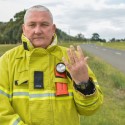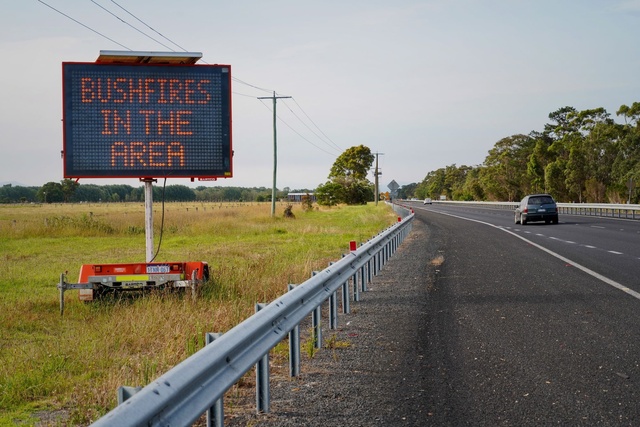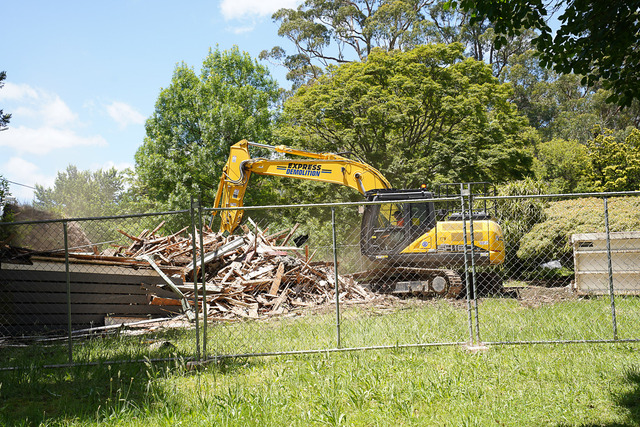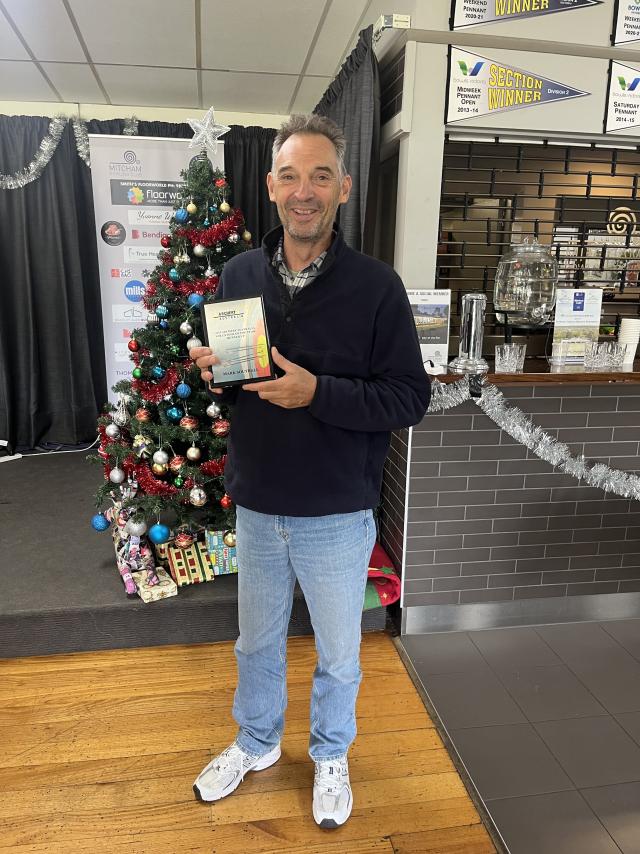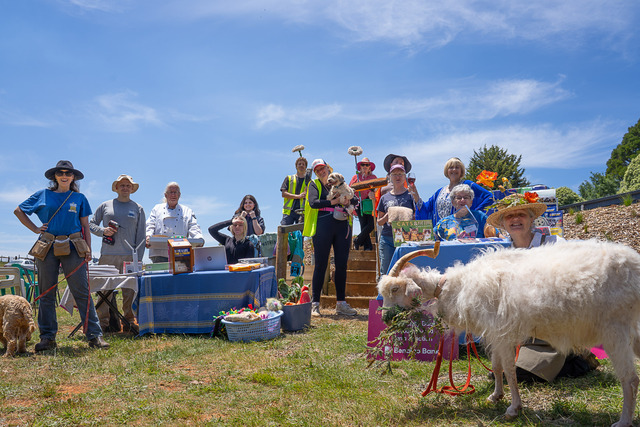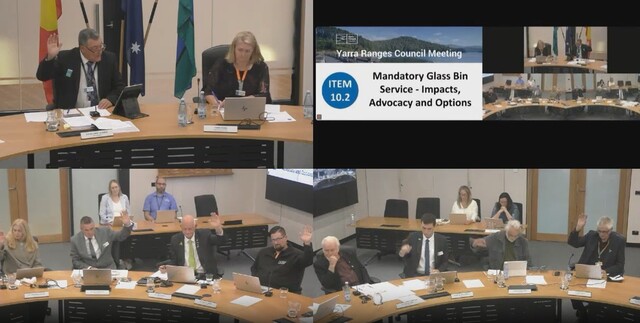By JESSE GRAHAM
WHEN Yarra Glen CFA Captain Bill Boyd’s pager went off at 3am on Sunday 16 August with the details of a serious crash, he knew he would be seeing local faces among the wreckage.
Capt Boyd said that in his 25 years with the brigade, he had turned out to five fatal crashes involving local people he knew personally.
“You see where the address is and you think ‘it’s got to be local’ – not too many people would go down those roads, if they didn’t know where they went,” he said.
“We do try to get more information on the way to the scene – it helps set up what you think you’re going to see, so you can prepare for it.”
But there was little information on hand until Capt Boyd and the CFA crew pulled up to the mangled remains of a Volkswagen Tiguan, sitting destroyed next to a vineyard on Glenview Road.
On that August morning, 16-year-old Cooper Ratten was killed when the stolen car, driven by a teenager believed to be under the influence of drugs and alcohol, lost control and left the road at high speed.
Cooper, who was not wearing a seatbelt, was thrown 40 metres from the car and died en route to hospital.
When the CFA turned up, they were some of the first on the scene.
“I didn’t recognise the kids, because I hadn’t seen them since they were very small,” Capt Boyd said.
“But one of my members recognised them straight away.
“So straight away, then I’ve got an issue with one of my members, who has been exposed to something traumatic.”
Sitting in a meeting room at the Yarra Glen CFA station, Capt Boyd sat in plain clothes – rather than the usual firefighting suit – and said each fatality resonates in a community, through family members, friends and the emergency services members who respond to the incident.
“It’s awareness, the choices we make and the consequences of those choices – and how do you tell young people that think they’re bulletproof?” – Bill Boyd
Those members who regularly see horrific crashes, serious injuries and fires, he said, remember the crashes with all five senses.
“Quite frankly, people talk about it in the street, but they don’t get the sense of smell, they don’t see it first-hand,” Capt Boyd said.
“They don’t get to touch the hot cars and the people and … I don’t think they fully understand what it’s like to hold someone’s hand when they’re dying.
“There may not be a lot we can do until the ambos get there, except hold their hand and tell them that it’s going to be OK.
“I reckon if they did it once, they would never forget it and it would change their attitude to the way they behave and the way they drive.”

The five fatal incidents Capt Boyd mentioned varied in cause, with alcohol, speed, drugs, loss of concentration and fatigue factors in the different cases.
But he said the one key to the tragedies was that, at some point, a choice was made – whether it was a choice to get into a car with a friend who may not be ready to drive, the choice to get behind the wheel when over-tired, or to accelerate on a dangerous stretch of road.
Whether the choice is conscious or subconscious, the wrong one can yield “disastrous” consequences, and the incident can then ripple through the community – as so many have in the Yarra Valley.
Though friends and families are often left shattered by these incidents, Capt Boyd said the problem in the aftermath was how to get the message of road safety through to everyone, not just those impacted.
“How do we stop it? We don’t know what to do,” he said.
“It’s awareness, the choices we make and the consequences of those choices – and how do you tell young people that think they’re bulletproof?”
He said the CFA and other emergency services all had peer-support and counselling – as well as welfare calls from nearby brigades – to help shaken members deal with traumatic incidents.
But tragedy and disaster is part-and-parcel of the job, and it all takes its toll.
“Once you start in this caper, in any sort of this work, a clock starts ticking, and sooner or later, that clock goes ‘you’ve had enough’, because you can’t mentally take any more of it,” Capt Boyd said.
“And you don’t know when it’s going to hit – one day, I reckon the pager’s going to go, and I’m going to say ‘I can’t do this anymore’.
“With the introduction of peer support, and everything, I’m hoping that will be delayed for a long, long time.”
As Capt Boyd spoke about the ripple effect of crashes on a community, it was a reminder that once the wreckage is cleared and the blood has washed away, the memories of what happened stand clearer for some than they do for others.

